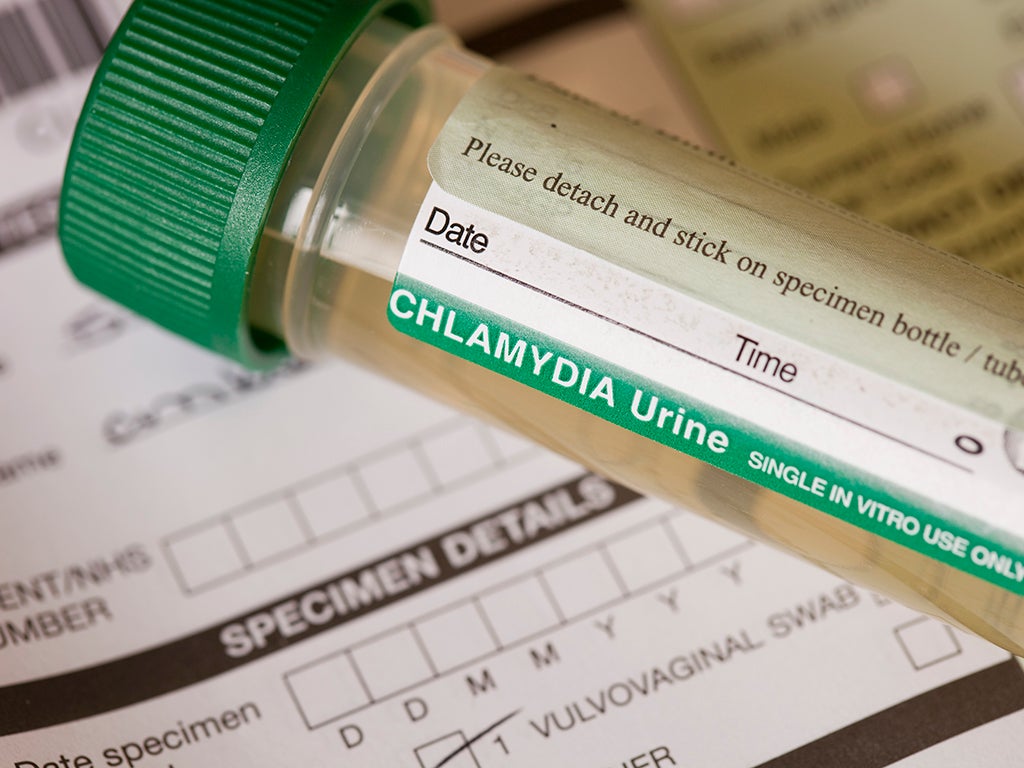Theresa May to oversee £85m in cuts to public health budgets this year, analysis reveals
Doctors warn cuts will have a ‘damaging impact on people’s health and wellbeing’ and cost the NHS more in the long-run

Theresa May has been accused of taking her “eye off the ball” over public health as it was revealed budgets for a range of services including sexual health and help to stop smoking face new cuts of £85m.
Local authorities in England are being forced to spend more than 5 per cent less this year on public health initiatives than in 2013-14, according to a new analysis from the King’s Fund.
David Buck, the health think tank’s senior fellow in policy, used data from local governments and the Department of Communities to calculate that planned spending on sexual health services has fallen by £64m, or 10 per cent, over the past four years.
He said cutting spending on sexual health services is "the falsest of false economies and is storing up problems for the future” – especially given recent news that syphilis cases in England have reached their highest level since 1949.
The scale of the cuts revealed by the research would be “devastating for the health of the nation”, according to the Royal Society for Public Health (RSPH), which said it had “grave concerns” about the findings.
Doctors from the British Medical Association also warned the cuts would have a “damaging impact on people’s health and wellbeing” at a time when a third of British people were projected to be obese by 2030 and smoking accounts for about 100,000 deaths a year in the UK.
Mr Buck told The Independent local authorities are not to blame for the new cuts, as “it’s a sign of central government taking their eye off the ball on public health”.
Budgets and new responsibilities transferred to councils under the coalition government appeared to be a “real commitment” to public health, but “as austerity bit, the local government budgets were a much easier target, whatever they happened to be, than NHS budgets,” he added.
While some spending will be protected, such as promoting exercise and some children’s services, most are facing a cut, said the King’s Fund.
Tackling drug misuse in adults will face a 5.5 per cent cut of more than £22m, while stop smoking services will fall by almost £16m, a 15 per cent cut, the data showed. The think tank said many of these services have already had to cope with years of falling budgets.
Its latest calculations, based on like-for-like analysis, showed that councils in England will spend £2.52bn on public health services in 2017-18 compared to £2.60bn the previous year.
Once inflation is factored in, it is estimated that planned public health spending is more than 5 per cent lower on a like-for-like basis in 2017-18 than it was in 2013-14.
It said the reductions follow Government cuts in public health funding of at least £600m by 2020/21, on top of £200m already cut from the 2015/16 budget.
Shirley Cramer, chief executive of RSPH, said the “short-sighted” cuts to sexual health, drug misuse and stop smoking services would save money in the short term but cost “far more over coming decades”.
“When the NHS itself has called for a ‘radical upgrade in prevention and public health’ to save the service from collapse, it is reckless to be doing the exact opposite,” she said.
“The fallout from these cuts is already being felt in rising rates of sexually transmitted infections, and will hit our health service ever harder further down the line. Politicians have long operated on election-cycle funding, but this must change if we are to protect our NHS and the public’s health.”
Sharon Hodgson, Labour’s Shadow Minister for Public Health, echoed Ms Cramer’s concerns that the cuts would have a “devastating impact for communities across England”.
“The long-term impact will be to make the population sicker and drive even greater pressures on the NHS,” she said. “The Government should be doing much more to invest in public health services and protect the health of the nation for the years to come.”
A Department of Health spokesperson said: “We have a strong track record on public health – cancer survival and dementia diagnosis are at a record high whilst smoking rates and teen pregnancies are at an all-time low.
“Over the current spending period we will invest more than £16bn in local government public health services. Moreover, we have shown that we are willing to take tough action to protect the public's health, introducing standardised packaging of cigarettes, a soft drinks industry levy and a world-leading childhood obesity plan.”
The warning comes after figures out last month showed the number of cases of syphilis have reached the highest level since 1949.
Cases of syphilis across England have rocketed since 2012, according to data from Public Health England.
In 2016, there were 5,920 syphilis diagnoses – an increase of 12 per cent from the previous year (from 5,281 to 5,920) and a 97 per cent rise from 2012 (from 3,001 to 5,920).
Join our commenting forum
Join thought-provoking conversations, follow other Independent readers and see their replies
Comments